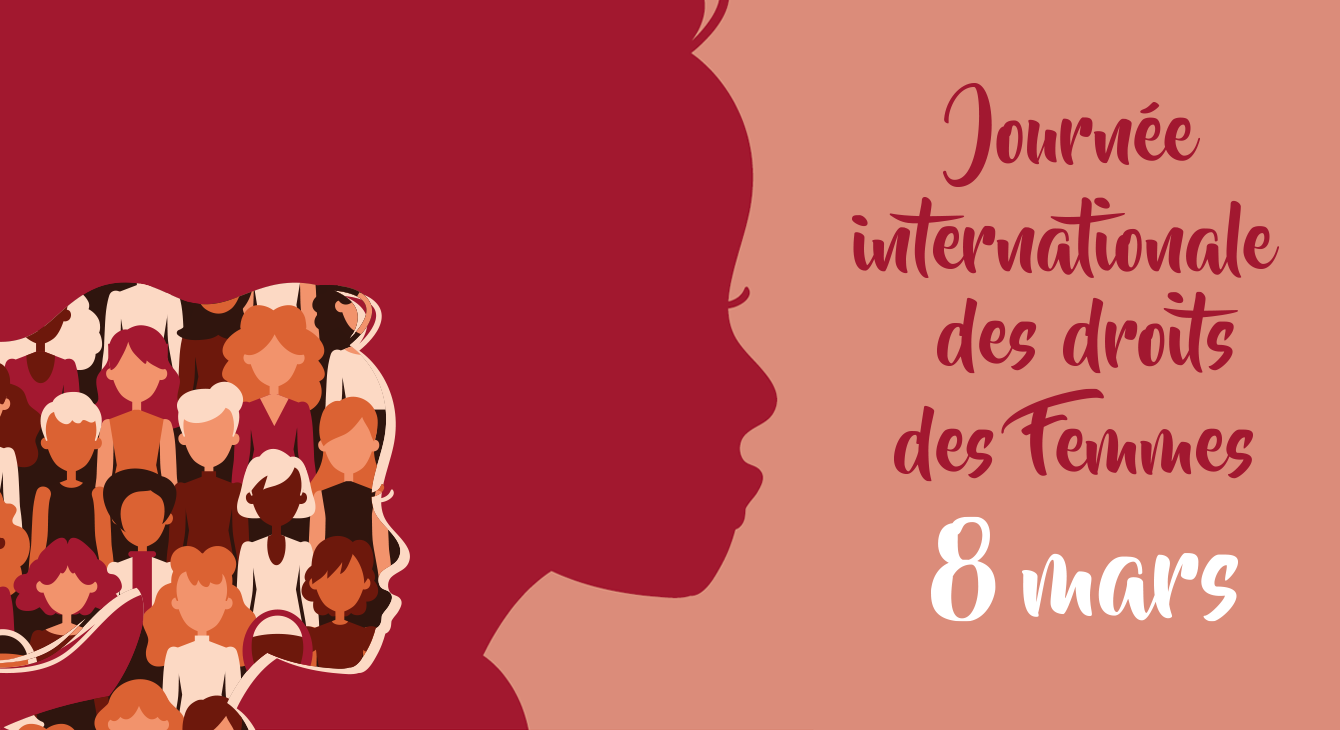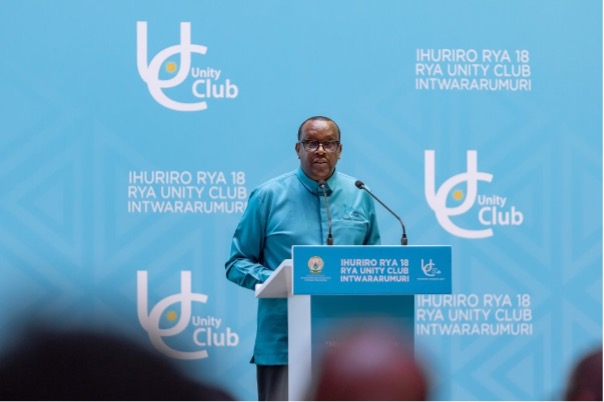March 8th, far more than a mere date on the calendar, stands as a day of action and reflection on women’s rights. Its origins trace back to the historic struggles waged by women in the early 20th century for better working conditions and the right to vote. Since 1975, the UN has officially dedicated this day to celebrating women and discussing the progress and challenges in women’s rights.
This year, with the chosen theme emphasizing the urgency of investing in women to accelerate the journey toward real equality worldwide, attention is particularly drawn to the Great Lakes region of Africa. This region has been plagued by conflicts for decades, with women often bearing the brunt of the suffering. In Rwanda, although the representation of women in political and decision-making spheres is considered a symbol of emancipation, a deeper analysis reveals a darker reality.
Paul Kagame’s regime, often deemed one of the most totalitarian on the continent, enforces a policy of “zero tolerance” for dissent. It exploits the patriarchal social structure and cultural values of the country to maintain its grip on power. Beyond the impressive figures of female representation in political institutions, much remains to be done for Rwandan women to achieve real decision-making influence.
Beneath the surface, insidious and dangerous practices are employed to exploit women:
Strategic Position Control:
Women are placed in positions of power or influence within institutions to ensure loyalty and obedience to the Kagame’s regime, at the expense of their autonomy and rights.
Manipulation of Public Opinion:
Women are used as spokespersons or public figures to promote the propaganda of Kagame’s regime and influence public opinion in its favor. Their presence in media controlled by his ruling party and their participation in official events can reinforce the image of his regime and legitimize its actions.
Sexual Espionage:
Kagame’s regime masters the art of seduction or sexual influence to obtain information or exert control over targeted individuals or groups, exploiting sexist stereotypes to manipulate and compromise individuals, particularly those in positions of power or holding sensitive information.
Political Marriages:
Marriages are arranged to consolidate political and economic power, with women offered to leaders or influential figures to strengthen political alliances, consolidate power within a family or dynasty, and surveil the population.
Emotion Manipulation:
Women are used to manipulate public emotions in favor of the Kagame’s regime, portrayed as charitable figures to bolster the positive image of the ruling party. This is epitomized by the First Lady of the country, who, through her involvement in several women’s rights advocacy groups, is presented as a figure of charity and benevolence. However, the hidden agenda is to enhance the positive image of her husband and the ruling party.
On this symbolic day, it is essential to recognize that the representation of women in Rwanda does not guarantee their emancipation. Real change requires questioning oppressive practices and genuinely promoting gender equality, which is not only a fundamental right but also a driver of social and economic progress for society as a whole. Investing in women is investing in a fairer and more equitable future for all.





